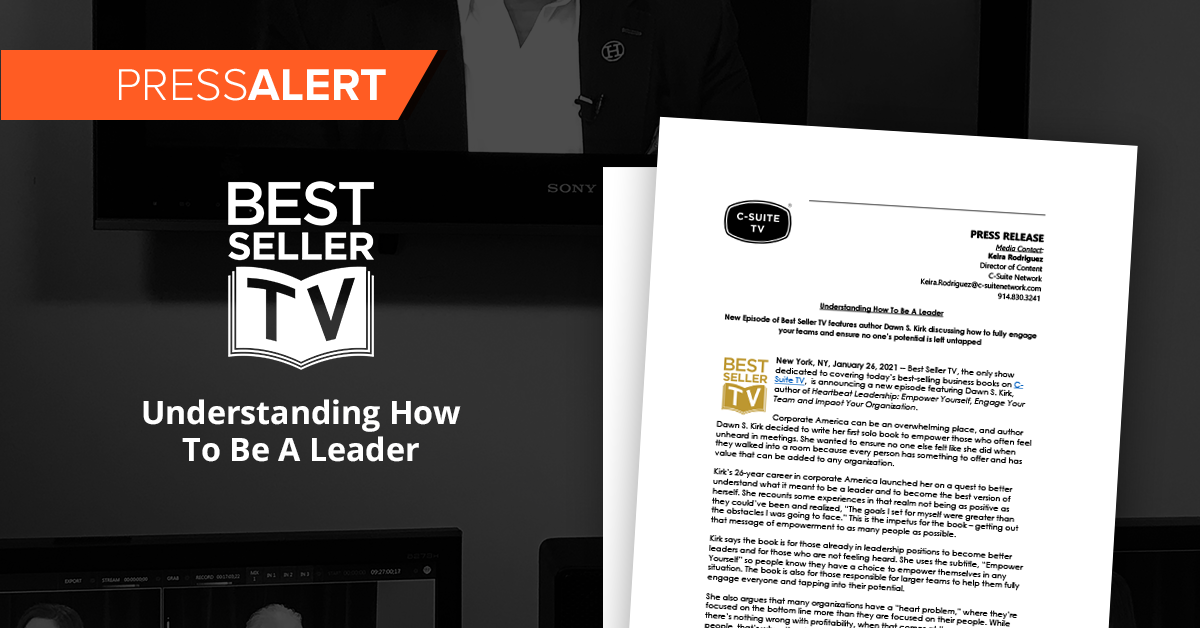
Get to the Point
Get to the Point https://csuiteold.c-suitenetwork.com/wp-content/uploads/2015/03/18943134_a27e949642_z.jpg 640 479 C-Suite Network https://csuiteold.c-suitenetwork.com/wp-content/uploads/2015/03/18943134_a27e949642_z.jpgby Lewis Denbaum
I am going to practice what I preach and get right to the point. If you are short on time, just read the bold print below.
- People have short attention spans — make your point succinctly.
Use three or four sentences to make your point. Hit ‘em over the head with your point. - People forget what you said — tell a story or use an example that reinforces your point.
An interesting or humorous story that makes a point is more likely to be remembered than a bland group of sentences. You can have fun making a serious point. - People make their own interpretations, therefore, ask for what you want unambiguously.
If you say to someone, “I want you to …” they will clearly know what you want. You may not get it, but you’ll have a better chance if people clearly understanding what you’ve requested.
Pete Burdon wrote a helpful article on key messages in business communications. He states:
Whether you are presenting to a prospective client, a large crowd or through a media interview, it’s vital you know what key points you want to get across. It’s even more important to know how to get them across so they are remembered and acted on. The mere act of talking to someone is not communication. It only becomes communication when it is understood and remembered.
People only remember a few points from presentations. Think about the last one you went to. What can you remember? That’s why you need to nail down the two or three points you really want that audience to take in. You then use stories and examples to back up your points and make them interesting and memorable.
In media interviews, a reporter will only use two or three points in his or her story. So by focusing on your three-point message, you increase the likelihood that your points make it into the subsequent story. You use sound bites to do that.
*This post originally appeared on LewisDenbaum.com.
 Lewis Denbaum is the CEO, Chief Communication Consultant, Executive and Life Coach at Lewis Denbaum and Associates. He knows from firsthand experience that top-notch communicationskills are key to productivity, team building, employee satisfaction and company growth. He has developed and honed a range of effective communication techniques during his diverse career, spanning law and accounting, senior-level management, teaching and relationship coaching, that are applicable in any business environment. Connect with Lewis on LinkedIn, Google+ and Twitter @LewisDenbaum.
Lewis Denbaum is the CEO, Chief Communication Consultant, Executive and Life Coach at Lewis Denbaum and Associates. He knows from firsthand experience that top-notch communicationskills are key to productivity, team building, employee satisfaction and company growth. He has developed and honed a range of effective communication techniques during his diverse career, spanning law and accounting, senior-level management, teaching and relationship coaching, that are applicable in any business environment. Connect with Lewis on LinkedIn, Google+ and Twitter @LewisDenbaum.




